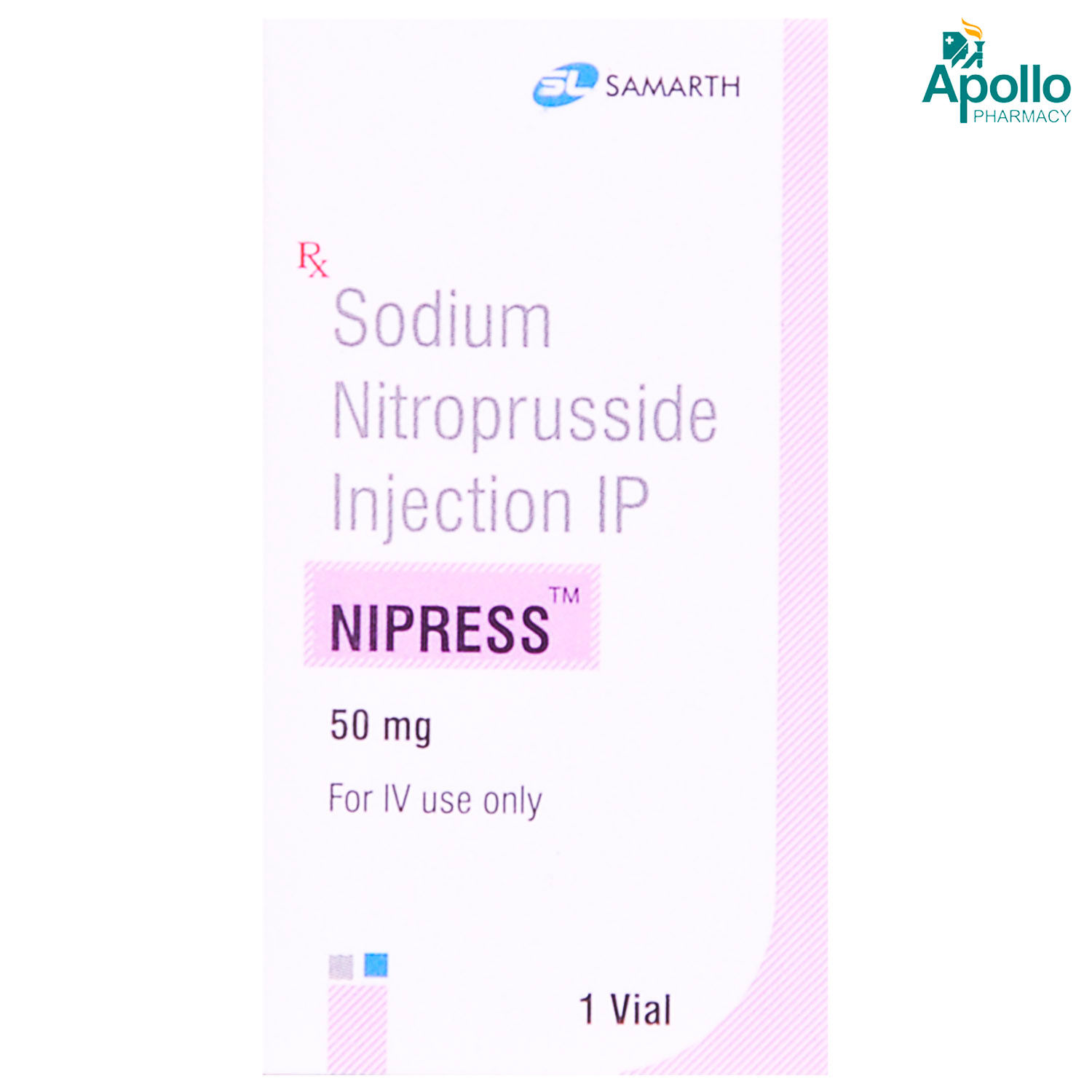SODIUM NITROPRUSSIDE
About
SODIUM NITROPRUSSIDE belongs to the group of medicines called vasodilators indicated for the treatment of hypertension in emergency situations. It is also used to produce controlled hypertension in order to reduce bleeding during surgery. SODIUM NITROPRUSSIDE may also be used in acute congestive heart failure.
SODIUM NITROPRUSSIDE contains Sodium nitroprusside that works by relaxing the muscles in the blood vessels to help them dilate/widen. This causes a decrease in blood pressure. Thereby, SODIUM NITROPRUSSIDE helps in controlling blood pressure.
In some cases, SODIUM NITROPRUSSIDE may cause side effects such as nausea, vomiting, sweating, headache, and abdominal pain. Most of these side effects do not require medical attention and will resolve gradually over time. However, you are advised to talk to your doctor if the side effects persist or worsen.
Let your doctor know if you are allergic to any of the components in SODIUM NITROPRUSSIDE. Inform your doctor if you are pregnant or breastfeeding. Keep your doctor informed about your health condition and medications to rule out any side effects/interactions.
Uses of SODIUM NITROPRUSSIDE
Medicinal Benefits
SODIUM NITROPRUSSIDE belongs to the group of medicines called vasodilators indicated for the treatment of hypertensive crisis who have not responded adequately to standard treatment. It is also used to produce controlled hypertension in order to reduce bleeding during surgery when both anaesthesiologists and surgeons decide it is necessary. SODIUM NITROPRUSSIDE may also be used in acute congestive heart failure. SODIUM NITROPRUSSIDE contains Sodium nitroprusside that works by widening the blood vessels. This causes a decrease in blood pressure.
Directions for Use
Storage
Side Effects of SODIUM NITROPRUSSIDE
- Nausea
- Vomiting
- Sweating
- Headache
- Abdominal pain
- Restlessness
- Agitation
- Irritation at the injection site
In-Depth Precautions and Warning
Drug Warnings
Do not take SODIUM NITROPRUSSIDE if you are allergic to any of its components or if you have low brain circulation or anaemia. Inform your doctor if you have liver disease, severe kidney disease, hereditary vision loss (Leber’s disease), vision problems caused by smoking, a history of blood clots in the brain, vitamin B12 deficiency, hypovolaemia (low blood volume), raised intracranial pressure (raised pressure within the head), thyroid problems, high blood pressure, seizure, head injury or brain tumour, difficulty breathing, or hypothermia (decreased body temperature). Consult your doctor if you are pregnant or breastfeeding.
Drug Interactions
Drug-Drug Interactions: Inform your doctor if you are taking ganglionic blocking agents (hexamethonium), vasodilators (hydralazine), negative inotropic agents, or inhaled anaesthetics.
Drug-Food Interactions: No interactions found/established.
Drug-Disease Interactions: Inform your doctor if you have low brain circulation, low blood volume, or anaemia.
Drug-Drug Interactions Checker List:
Safety Advice

Alcohol
consult your doctorIt is unknown if alcohol affects SODIUM NITROPRUSSIDE. Please consult your doctor.

Pregnancy
cautionIf you are pregnant or planning pregnancy, inform your doctor before receiving SODIUM NITROPRUSSIDE. Your doctor may prescribe this medicine if the benefits outweigh the risks.

Breast Feeding
cautionIt is not known if SODIUM NITROPRUSSIDE passes into breastmilk. If you are breastfeeding, inform your doctor before receiving SODIUM NITROPRUSSIDE. Your doctor will weigh the benefits and risks before prescribing this medicine.

Driving
cautionIt is not known if SODIUM NITROPRUSSIDE affects your ability to drive. Ask your doctor for more information.

Liver
cautionSODIUM NITROPRUSSIDE should be used with caution in patients with liver disease. If you have a pre-existing or a history of liver disease, inform your doctor before receiving SODIUM NITROPRUSSIDE.

Kidney
cautionIf you have a pre-existing or a history of kidney diseases, inform your doctor before receiving SODIUM NITROPRUSSIDE. Your doctor may adjust the dose of this medicine or prescribe a suitable alternative based on your condition.

Children
cautionSODIUM NITROPRUSSIDE may be safe for children if prescribed by the doctor. Your doctor will decide the suitable dose based on the age and condition of your child.
Habit Forming
Diet & Lifestyle Advise
- You are advised to consume low salt and a low-fat diet.
- Eat a diet rich in whole grains, vegetables, and fruits.
- Avoid smoking and alcohol consumption.
- Maintain a healthy weight with proper diet and exercise.
- Manage stress with meditation, yoga, and massage.
Special Advise
Blood pressure should be continuously monitored as SODIUM NITROPRUSSIDE may cause a precipitous decrease in blood pressure.
Patients Concern
Disease/Condition Glossary
Hypertensive crisis: Hypertensive crisis is a medical emergency in which there is a sudden, severe increase in blood pressure. It can lead to life-threatening health problems, heart attack or stroke. The blood pressure reading in a hypertensive emergency is 180/120mm Hg or greater. Symptoms include headache or blurred vision, increasing confusion, increasing chest pain, increasing shortness of breath, seizure, and swelling/oedema.
Congestive heart failure: It is a condition in which the heart is unable to pump blood as effectively as it should. Conditions such as coronary artery disease, arrhythmia, congenital heart defect, diabetes, overactive/underactive thyroid, or high blood pressure make the heart too weak to pump blood efficiently. Symptoms include shortness of breath, rapid heartbeat, swollen legs, and fatigue.
FAQs
SODIUM NITROPRUSSIDE is used to treat Hypertensive crisis and congestive heart failure.
SODIUM NITROPRUSSIDE works by widening the blood vessels. This causes a decrease in blood pressure.
Except when used briefly or at low infusion rates, SODIUM NITROPRUSSIDE may give rise to important quantities of cyanide ions, which can reach toxicity. If blood pressure has not been sufficiently controlled after 10 minutes of infusion, administration of SODIUM NITROPRUSSIDE should be terminated.
SODIUM NITROPRUSSIDE may increase intracranial pressure (rise in pressure inside the skull). SODIUM NITROPRUSSIDE should be used with extreme caution in patients with elevated intracranial pressure.









